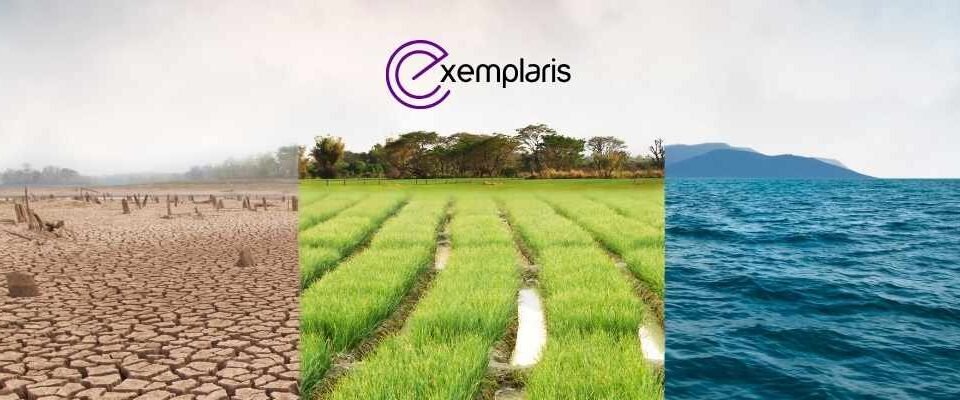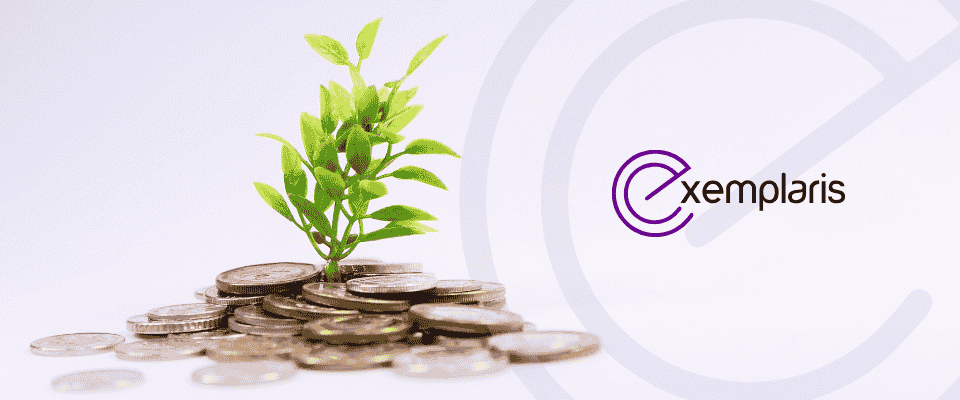
ISO DIS 50100 – gestão energética e descarbonização
16/04/2025
Passaportes Digitais de Produtos (DPPs)
24/04/2025Reduce Your Carbon Footprint: Understand the New ISO DIS 50100 and Transform Your Energy Management!
With increasing pressure for sustainable practices, companies are investing more in efficient energy management to reduce operational costs and accelerate their decarbonization goals. To achieve this, a new ISO standard has emerged as a game-changer for businesses that want to remain competitive and committed to the future.
The ISO DIS 50100 is a draft international standard (DIS = Draft International Standard) created by the International Organization for Standardization (ISO) through the technical committee ISO/TC 301, specializing in energy management. It started development in 2022 with the goal of integrating energy management and decarbonization in a structured way within organizations. Currently, the ISO DIS 50100 is in draft phase and is undergoing international consultations and revisions, with publication expected between late 2025 and early 2026.
ISO DIS 50100 establishes specific requirements to integrate energy management practices with decarbonization actions. Its main objective is to ensure that companies adopt structured processes to maximize and integrate energy efficiency with corporate sustainability goals and reduce carbon (CO2) emissions in their processes and operations. This standard would complement other standards such as ISO 50001 and ISO 14001.
The standard goes beyond simple energy management — it directly links energy efficiency to the carbon emission reduction strategy, using:
- Key performance indicators (KPIs) for energy savings.
- Emissions mapping and identification of critical areas.
- Structured action plans to neutralize residual emissions.
Implementing this standard can be much easier if companies adopt tools and methodologies such as real-time energy monitoring software, periodic energy audits with a focus on carbon, and artificial intelligence solutions for predicting consumption and emissions. Furthermore, aligning energy management with ISO 14001 (environmental management) and ISO 45001 (health and safety) strengthens governance and attracts ESG investors.
As an example, according to recent studies, companies adopting ISO environmental and energy management standards can increase their market value by up to 25%. The application of ISO DIS 50100, in turn, would further boost energy efficiency and strengthen sustainability initiatives, providing a significant competitive advantage and privileged access to ESG-focused markets.
Reduce costs, conquer demanding markets, strengthen your brand, and attract investors: the new ISO standard is the way to ensure environmental compliance and lead the sustainable transformation.
How is your company positioning itself to seize these opportunities? What challenges do you think still exist in implementing these standards? Let’s discuss!
Adriana Moraes Mendes Soares – https://www.linkedin.com/in/adrianamms86/
Sustainability & Compliance Expert | MSc in Ecology & Environmental Management | QHSE Certified Auditor
Lisbon, Portugal
April 16th, 2025




